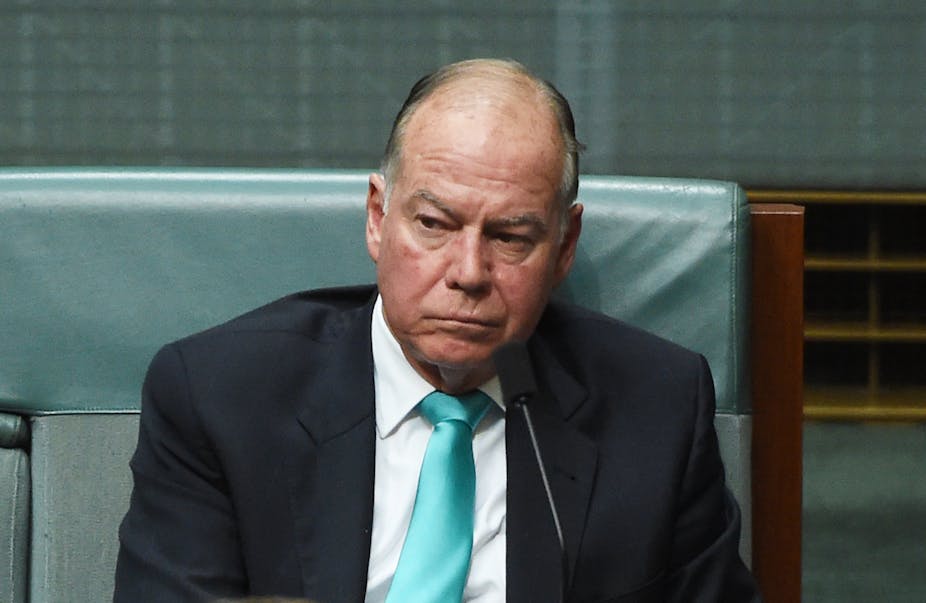Senior Liberal backbencher Russell Broadbent has quit two parliamentary positions in protest at the government’s treatment of aged care in his electorate.
Broadbent, who holds the Victorian seat of McMillan, bluntly told Malcolm Turnbull at Tuesday’s Liberal Party meeting that he was standing down as chairman of the privileges committee and as a member of the Speaker’s panel, from which MPs deputise for Speaker Tony Smith.
The privileges job – considered a very prestigious committee position - carries an allowance of A$21,900 per year; members of the Speaker’s panel get $5,980 per year.
A surprised Turnbull, who had no notice of Broadbent’s intentions, sought to dissuade him but without success. Broadbent outlined the reasons for his decision to the meeting.
The crux of the row is that the process for allocating places is a bureaucratic one, while Broadbent maintains politicians should have a greater involvement.
He is angry that an aged care provider from outside his electorate, Menarock Aged Care Services, was awarded approval for a new 60-bed facility. He claims that “a better process may have given the local community a more beneficial outcome”.
Separately, he believes Health Minister Greg Hunt and Aged Care Minister Ken Wyatt misled him over bed allocation for another facility, at Bunyip. He says they gave him the impression it would be awarded locally, but then indicated the decision rested with public servants.
Broadbent said on Wednesday that the message being sent was that “little people don’t count” and “my resignations were to make the point that they do”. The 60-bed facility had been “awarded to wealthy city accountants” when the beds could have gone to a local provider, he said.
“I want the legislation changed so that the politicians and local members have an input [to these decisions] and for ministers to have a say in how money is spent in the portfolio.”
In relation to the small Bunyip facility, he had been told the local application had not been good enough, which he disputed.
Wyatt, who has had discussions with Broadbent, stressed that the act, with the amendments made by the Howard government, was very specific in not allowing the health or aged care minister to intervene. “A panel in the department assesses every application and then allocates places. The department notifies the minister,” he said. “Ministers don’t get to see the applications.”
There had been 321 applicants for this year’s 10,000 places, he said.
Wyatt said a review was looking at the process for the allocation of places.

